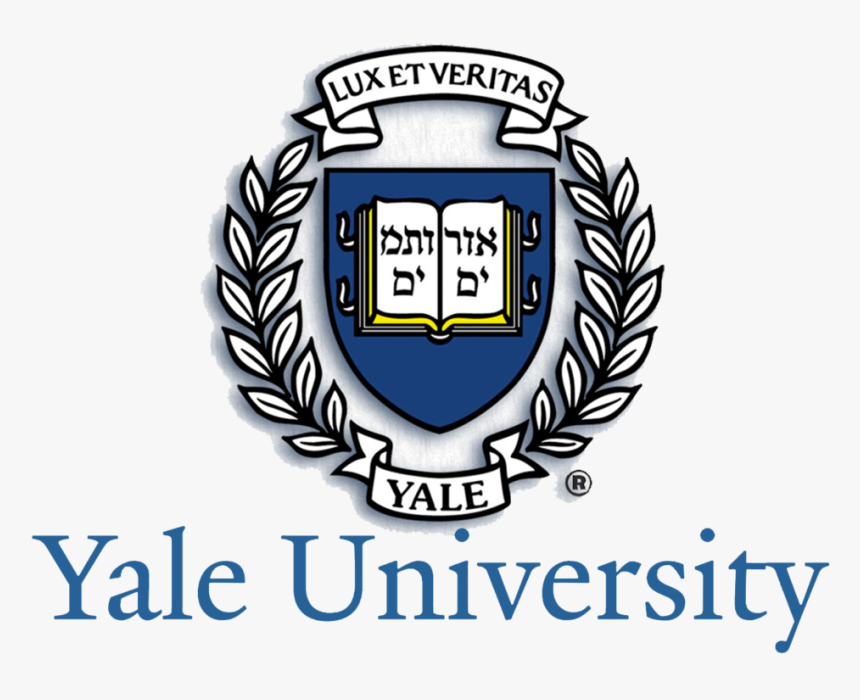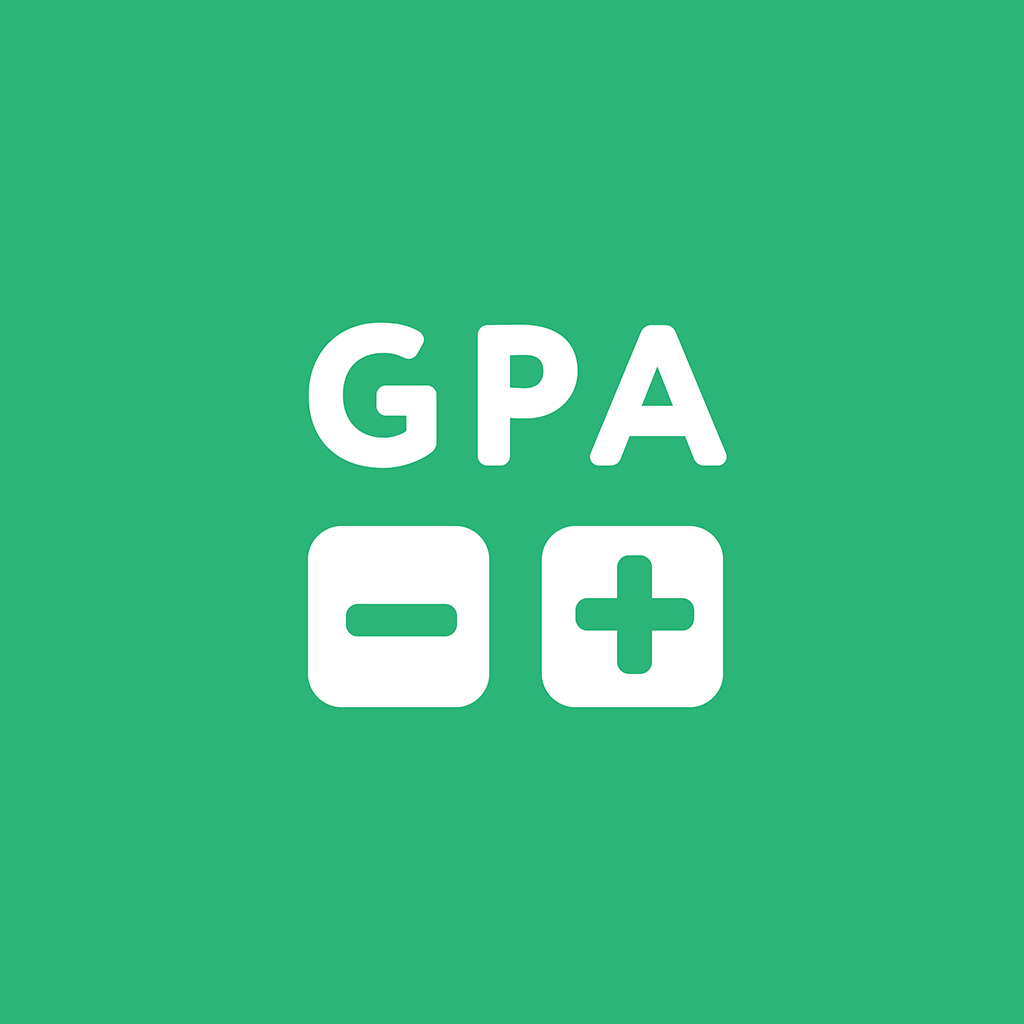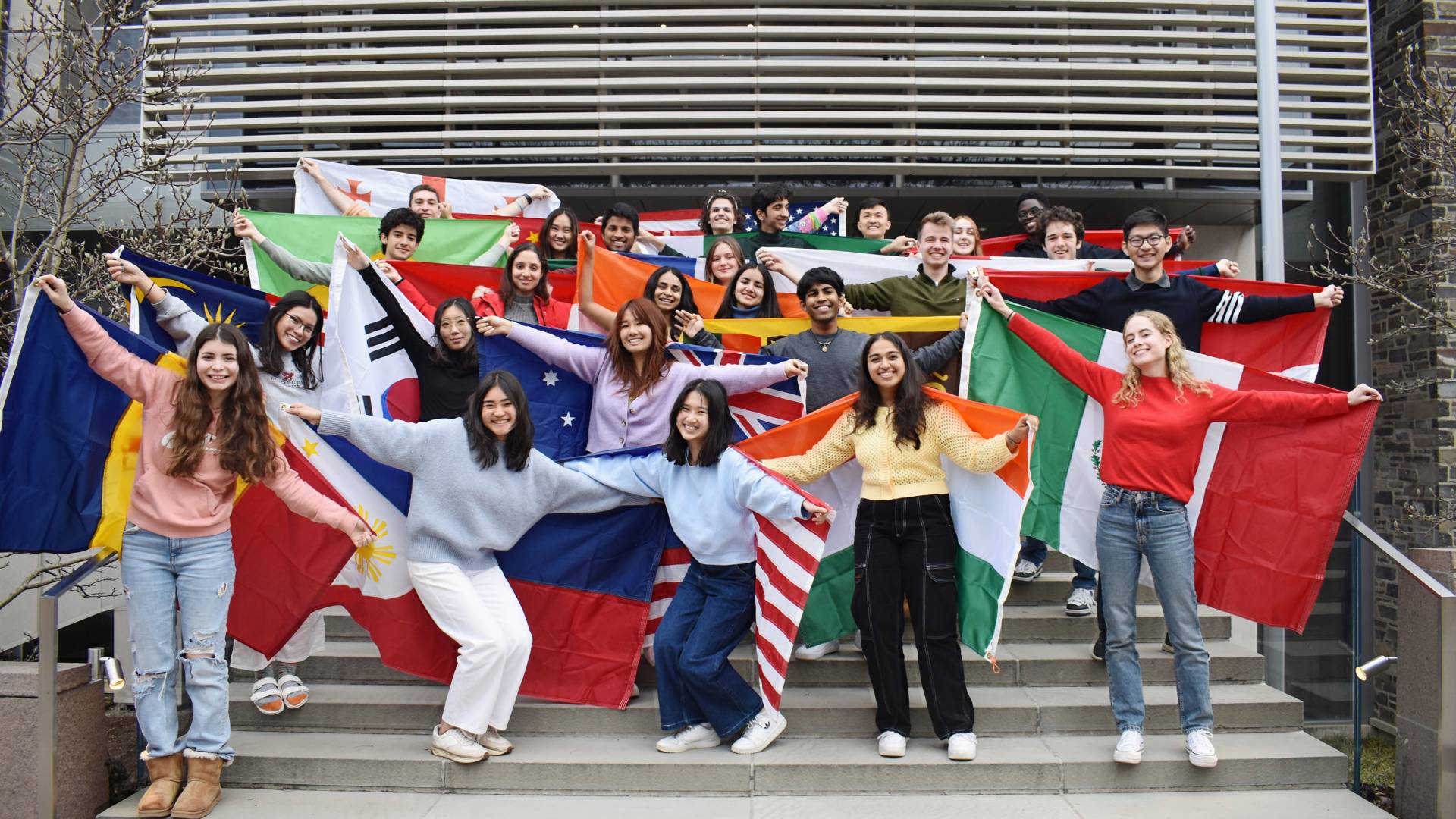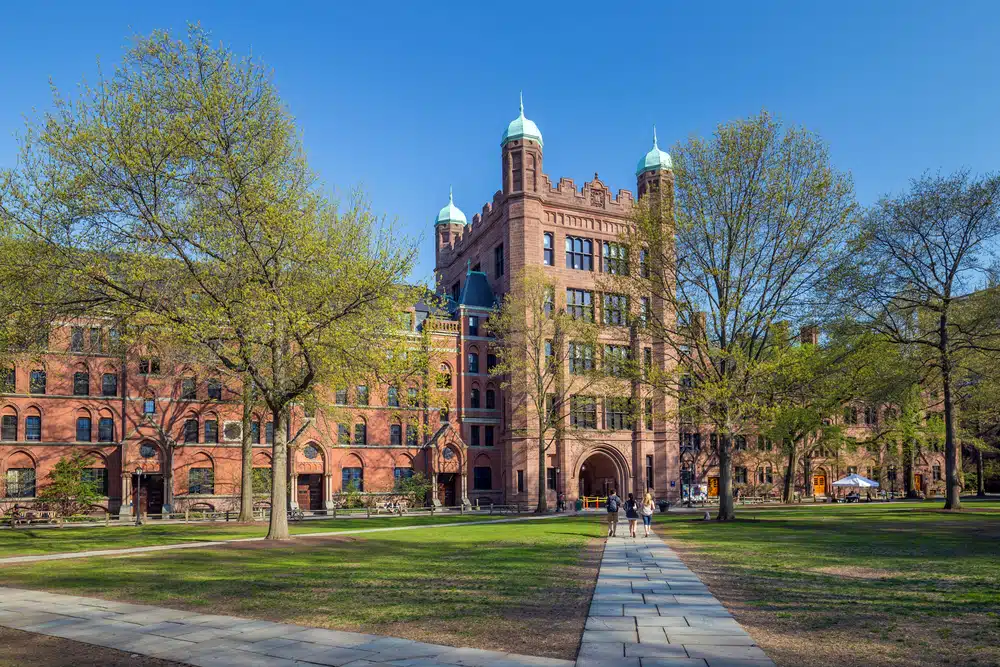Yale University, an Ivy League institution located in New Haven, Connecticut, is one of the most prestigious universities in the world. Known for its rigorous academics, vibrant campus culture, and influential alumni, Yale attracts thousands of applicants every year. However, gaining admission to Yale is highly competitive, and understanding the university’s admission requirements is crucial for prospective students aiming to secure a spot at this elite institution.
In this article, we will explore the comprehensive admission requirements for University, including academic prerequisites, standardized test policies, application components, and tips for crafting a standout application. Additionally, we will address common questions about the application process and provide useful insights to help applicants navigate their journey to Yale.
Key Takeaways
- Yale employs a holistic admissions process considering academics, extracurriculars, essays, recommendations, and interviews.
- Strong academic preparation with challenging courses is essential.
- The test-optional policy allows applicants to decide whether to submit SAT or ACT scores.
- Essays and recommendations are crucial to demonstrating personality and fit.
- Yale offers generous financial aid to meet full demonstrated need.
- Extracurricular involvement and leadership play a significant role.
- The process is highly competitive, with an acceptance rate around 5%.
Overview of Yale University Admissions
Yale University employs a holistic admissions process that thoroughly evaluates every facet of an applicant’s profile. Unlike admissions systems that rely heavily on numerical metrics such as GPA or test scores alone, Yale seeks to understand the whole person behind the application. This comprehensive approach allows Yale to identify students who will not only excel academically but also enrich the university community through diverse experiences, leadership, creativity, and a commitment to social impact.
What Does Holistic Review Mean?
In practice, Yale’s holistic review considers the following key elements:
- Academic Achievements: This includes the rigor of your high school curriculum, grades earned, class rank (if available), and standardized test scores if submitted. Yale expects applicants to challenge themselves with honors, Advanced Placement (AP), International Baccalaureate (IB), or other advanced courses whenever possible.
- Extracurricular Involvement: Yale values applicants who demonstrate passion, leadership, and long-term commitment to activities beyond the classroom. This could be in athletics, music, debate, community service, student government, or entrepreneurial ventures.
- Personal Qualities: The admissions committee looks for qualities like resilience, integrity, curiosity, empathy, and originality. These are often revealed through essays, interviews, and letters of recommendation.
- Letters of Recommendation: Recommendations from teachers and counselors provide insight into an applicant’s character, work ethic, and potential for growth. They help the admissions team understand how the student interacts with peers and teachers and how they stand out in their academic environment.
- Essays: Yale’s supplemental essays allow applicants to share their unique voice, values, experiences, and aspirations. These essays help the committee understand what motivates the student and how they might contribute to Yale’s vibrant community.
- Interviews: While optional, interviews offer applicants a chance to engage in a personal conversation with a Yale alumnus or admissions officer. This is an opportunity to discuss interests, goals, and learn more about the university culture. The interview can enhance an application by adding depth and context.
Application Options at Yale

Yale provides multiple pathways to apply, accommodating different applicant needs and preferences:
Single-Choice Early Action (SCEA)
- What it is: A non-binding early application option that allows applicants to apply by an earlier deadline (usually November 1).
- Key features: Applicants receive their admissions decision by mid-December, allowing them to plan accordingly. While applicants are restricted from applying early to other private universities, they can still apply to public universities under early action or regular decision.
- Benefits: Early action can reduce stress by providing an early decision. It also signals strong interest , which can be favorable in the admissions process.
- Who should apply: Students who have a clear first-choice school and are prepared with a strong application by the early deadline.
Regular Decision
- What it is: The traditional application process with a deadline typically on January 2.
- Key features: Applicants receive decisions in late March or early April.
- Benefits: Offers additional time to strengthen academic records, improve test scores, or further develop extracurricular achievements.
- Who should apply: Students who need more time to prepare their application or want to compare offers from multiple schools.
Transfer Admission
- What it is: For students currently enrolled in a college or university who wish to transfer .
- Application deadline: Usually early March.
- Requirements: Transfer applicants must submit college transcripts, standardized test scores (optional as with freshman applicants), letters of recommendation from college instructors, and typically explain why they wish to transfer.
- Competition: Transfer admission is very competitive given the limited number of spots available.
- Considerations: Yale typically admits transfer students who have demonstrated excellent academic performance in college and who can articulate how Yale’s resources better fit their academic and professional goals.
Special Notes on Admissions Philosophy
Yale’s admissions process is need-blind for U.S. citizens and permanent residents, meaning that an applicant’s ability to pay tuition does not affect their chance of admission. Yale is committed to meeting 100% of demonstrated financial need through scholarships, grants, and work-study programs. This ensures that students from all economic backgrounds can access a Yale education.
Additionally, Yale values diversity and inclusion in its student body. The university actively recruits and supports students from a wide range of racial, ethnic, socioeconomic, geographic, and cultural backgrounds, recognizing that a diverse community enriches the educational experience for all.
Academic Requirements
High School Coursework
Yale expects applicants to have completed a challenging high school curriculum. While there is no fixed formula, the following course recommendations provide a strong academic foundation:
- English: 4 years (emphasis on literature and writing)
- Mathematics: 4 years (including Algebra I & II, Geometry, and advanced courses like Pre-Calculus or Calculus)
- Science: 3-4 years (biology, chemistry, physics; advanced sciences recommended)
- Social Studies: 3-4 years (including history, government, economics)
- Foreign Language: 3-4 years of the same language
- Electives: Courses in the arts, computer science, or other academic areas
Yale looks favorably on applicants who have taken Advanced Placement (AP), International Baccalaureate (IB), Honors, or dual-enrollment college courses, reflecting their ability to succeed in a rigorous academic environment.
Grade Point Average (GPA)

Yale does not have a strict minimum GPA cutoff. However, successful applicants generally have near-perfect grades, often in the A to A+ range. The admissions committee closely considers grade trends, rigor of coursework, and class rank when available.
Standardized Testing
SAT and ACT Policies
In recent years, Yale has adopted a test-optional policy, meaning submitting SAT or ACT scores is optional for applicants. This policy was introduced in response to the COVID-19 pandemic and has been extended through the 2024-2025 admissions cycle.
- If submitting scores: Yale considers the highest composite scores from the SAT or ACT.
- If not submitting: Applicants are evaluated based on the strength of their academic record and other application materials.
Despite the test-optional policy, many applicants continue to submit strong standardized test scores to complement their applications.
SAT Subject Tests
Yale no longer requires or recommends SAT Subject Tests as part of the application.
English Language Proficiency Tests
For international students whose native language is not English, Yale requires proof of English proficiency through tests such as the TOEFL or IELTS unless the applicant has attended a school where English is the primary language of instruction.
Application Components
The Common Application or Coalition Application

- Choice of Application: Applicants must submit either the Common Application or the Coalition Application—both are accepted.
- Core Sections Include:
- Personal Information: Basic biographical details, contact info, and demographic data.
- Academic History: Details of your secondary school coursework, grades, and standardized test scores (if submitted).
- Extracurricular Activities: Listing of clubs, sports, volunteer work, jobs, leadership roles, and other activities.
- Short Answer Questions: Brief responses to prompts about interests, experiences, or goals.
- Yale-Specific Supplemental Essays: Additional essays unique to it to help assess your fit and personality.
Yale Supplemental Essays
- Purpose: These essays are critical for revealing your individuality, intellectual curiosity, values, and reasons for choosing .
- Typical Prompts:
- Why Yale? Explain why Yale is the right fit for you academically, socially, or culturally.
- A Time You Challenged a Belief or Idea: Reflect on an experience when you questioned or confronted a belief, showing critical thinking and growth.
- A Topic or Idea That Excites You Intellectually: Share your passion for a subject or concept and how you explore it.
- Personal Background or Community Contributions: Discuss how your background shapes you or how you’ve contributed to your community.
- Tips: Essays should be authentic, thoughtful, and well-written, avoiding clichés and focusing on your unique voice and perspective.
Letters of Recommendation
- Required Letters:
- Two Academic Teacher Recommendations: Typically from core academic subjects such as English, Math, Science, or Social Studies. These should come from teachers who know you well and can speak to your intellectual abilities and classroom contributions.
- One Counselor Recommendation: From your school counselor or advisor, providing a broader view of your character, academic promise, and any special circumstances.
- Importance: These letters provide important context about your academic performance, work ethic, personality, and potential, complementing your application materials.
Interviews
Preparation: If you opt for an interview, preparing by practicing common questions and reflecting on your reasons for applying can help you make a good impression.
Optional: it offers optional alumni interviews to applicants who choose to participate.
Purpose: The interview is a chance to discuss your interests, motivations, and questions about Yale in a more personal setting.
Impact: While it can add a personal dimension to your application, the interview does not significantly influence admission decisions.
Special Programs and Considerations
Transfer Applicants
- Competitiveness: Transfer admission to Yale is highly competitive due to limited spots.
- Requirements: Applicants must submit official college transcripts, strong academic recommendations, and maintain a strong academic record.
- Timing: Yale encourages students to apply for transfer only after completing at least one full academic year (two semesters) of college coursework.
- Additional Info: Transfer applicants should demonstrate why transferring to Yale aligns with their academic and career goals and how their college experience so far has prepared them .
International Students

- Academic Achievement: Must demonstrate exceptional academic performance in their secondary education or college (if applying as transfers).
- English Proficiency: Required to provide proof of English proficiency through tests such as TOEFL or IELTS, unless exempted .
- Application Materials: Submit all standard application materials, including transcripts, recommendations, essays, and standardized test scores.
- Financial Aid: it offers need-based financial aid to international students on the same basis as domestic students, covering 100% of demonstrated financial need without loans.
- Additional Resources: provides resources and support to help international students transition to life and study in the U.S.
Financial Aid
International Aid: Need-based aid is also available to international students, ensuring access regardless of nationality.
Generosity: Yale meets 100% of demonstrated financial need without requiring loans, making it one of the most generous universities in the world.
Application Process: Applicants must submit the CSS Profile and FAFSA (for U.S. citizens and eligible non-citizens) to be considered for financial aid.
Need-Based Aid: Financial aid packages are tailored to individual family circumstances and can include grants, scholarships, and work-study options.
No-Loan Policy: Yale’s aid packages are designed to minimize student debt, allowing students to focus on their studies without financial stress.
Tips for a Strong Yale Application
| Tip | Description |
|---|---|
| Excel Academically | Take challenging courses and earn top grades. |
| Pursue Passion Projects | Show deep commitment to extracurricular activities. |
| Write Thoughtful Essays | Be honest , reflective, and unique in your writing. |
| Seek Strong Recommendations | Choose teachers who know you well and can speak to your strengths. |
| Demonstrate Fit | Clearly explain why Yale’s environment suits your goals. |
| Prepare for Interviews | Practice with alumni or counselors if possible. |
Also Read : What Is the University of Houston Known For?
Conclusion
Gaining admission to University requires much more than excellent grades and test scores. Yale’s holistic admissions process seeks students who demonstrate intellectual curiosity, leadership potential, unique talents, and the ability to contribute meaningfully to the campus community. By preparing a strong academic profile, engaging in meaningful extracurricular activities, crafting thoughtful essays, and securing strong recommendations, applicants can maximize their chances of admission.
Yale’s commitment to diversity, inclusion, and providing financial aid ensures that students from all backgrounds can access a world-class education. Prospective students should carefully review all application components, meet deadlines, and take advantage of resources such as interviews and counseling to present their best selves.
FAQs
1. What is the acceptance rate at University?
Yale’s acceptance rate is approximately 4.5-5%, making it one of the most selective universities in the world.
2. Are SAT or ACT scores mandatory for Yale admission?
No, Yale currently has a test-optional policy for the 2023-2024 and 2024-2025 admissions cycles. Submitting scores is optional.
3. How important are extracurricular activities?
Extracurriculars are very important as they demonstrate leadership, passion, and commitment beyond academics. Yale looks for well-rounded individuals.
4. Does Yale require an interview?
Interviews are optional and conducted by alumni. They provide an opportunity to showcase personality but are not mandatory.
5. Can transfer students apply to Yale?
Yes, transfer students can apply, but admissions are highly competitive, and students usually must have completed at least one year of college.
6. How does Yale handle international student applications?
International applicants must demonstrate English proficiency and submit the same materials as domestic students. Financial aid is available.
7. What financial aid options does Yale offer?
Yale offers need-based financial aid that meets 100% of demonstrated need without loans, making it highly affordable for admitted students.
